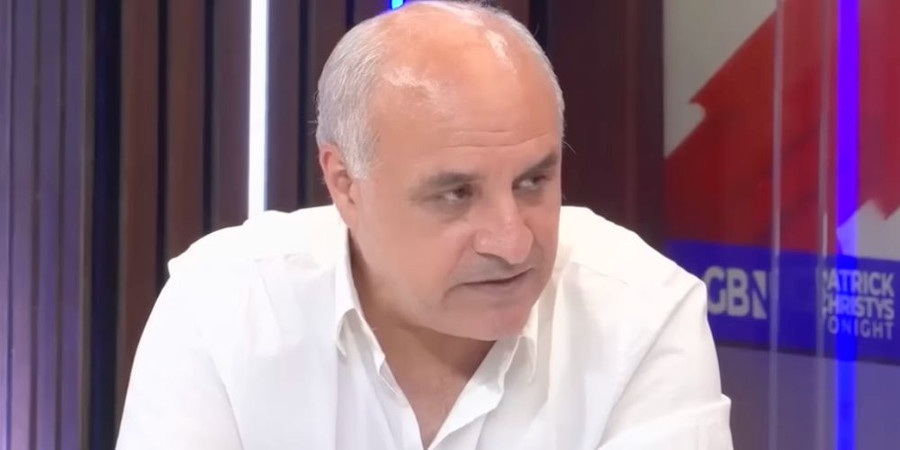Even as the rise of the Internet has driven communications and economic growth to heights previously unimagined, some lawmakers are using that very explosion as pretext to expand the federal government's power and reach in ways that threaten the delicate balance of powers inherent in our federalist system.
A key example is a new piece of legislation called the ???Restoration of America???s Wire Act,??? or RAWA. Introduced in the House as H.R. 707 by Rep. Jason Chaffetz, R-Utah, the bill purports simply to update the half-century-old Wire Act, originally signed by President John F. Kennedy to combat the influence of organized crime. A deeper reading of the new legislation reveals a troubling assertion of federal authority over conduct typically regulated by states, with far-reaching implications for the concepts of limited government and federalism in the Internet Age.
RAWA's supporters say it modernizes the law to cover Internet transmissions of illegal interstate bets. Given that the Wire Act was written well before the Internet was conceived, its text currently only refers to telephone or wire transmissions. But lurking beneath the surface of that "technical correction" is a hugely problematic provision that overrides state laws to license and regulate gambling. The provision effectively renders illegal any use of the Internet to conduct bets, even when that bet originates and terminates in a state where it is legal under state law.
To illustrate the impact, consider the State of Georgia, which currently sells tickets to games like Powerball and keno via the Internet. These games are operated under a law Georgia voters approved in a 1992 referendum and all profits are devoted to the state???s HOPE scholarship program for college financial assistance. If RAWA were passed, it would be illegal for Georgia to sell lottery tickets online to Georgia citizens. In other words, the federal government would be regulating wholly intrastate behavior in precisely the way the Founders worried about when they drafted the U.S. Constitution.
RAWA goes a step further than the plain language of the original Wire Act and the closely related Unlawful Internet Gambling Enforcement Act, a 2006 law that banned payment processing for interstate gambling. Both laws were carefully written to exempt bets made in states where the conduct was legal under state law, ensuring that the federal government's role was limited to regulating transactions across state lines.
This bill comes in service of a goal that???s questionable to start: cracking down on the ability of Americans to participate in games of skill and chance. After all, if gambling is an unmitigated evil, then why does RAWA exempt activities like bets on horse racing from its prohibitions? What distinguishes betting on fantasy sports ??? an enormously popular industry that is legal on grounds that it???s a game of skill ??? from betting on poker, which is illegal despite containing similar elements of skill?
RAWA not only tramples on an area of law traditionally reserved for the states, but also potentially establishes a dangerous precedent. The bill's provisions suggest that merely using a communications platform like the Internet is sufficient to subject all users and all activity to the reach of the federal government, no matter the location or nature of the activity in question.
If limited government and federalism are to have any meaning in the 21st century and beyond, Congress must exercise restraint in using the powers granted to it by states and by the people. Federal officials already have capitalized on the growth of the Internet to vastly expand their domestic spying capabilities. If we???re not careful, they???ll exploit the Internet to vastly expand the power of regulators, tax collectors and bureaucrats as well. Sadly, RAWA would be yet another push down the slippery slope toward an all-powerful federal government.
Andrew Moylan is executive director of the R Street Institute, a free market think tank that supports limited, effective government. He recently testified before the House Judiciary Committee on H.R. 707, the ???Restoration of America???s Wire Act,??? to raise concerns about the bill???s implications for federalism.





